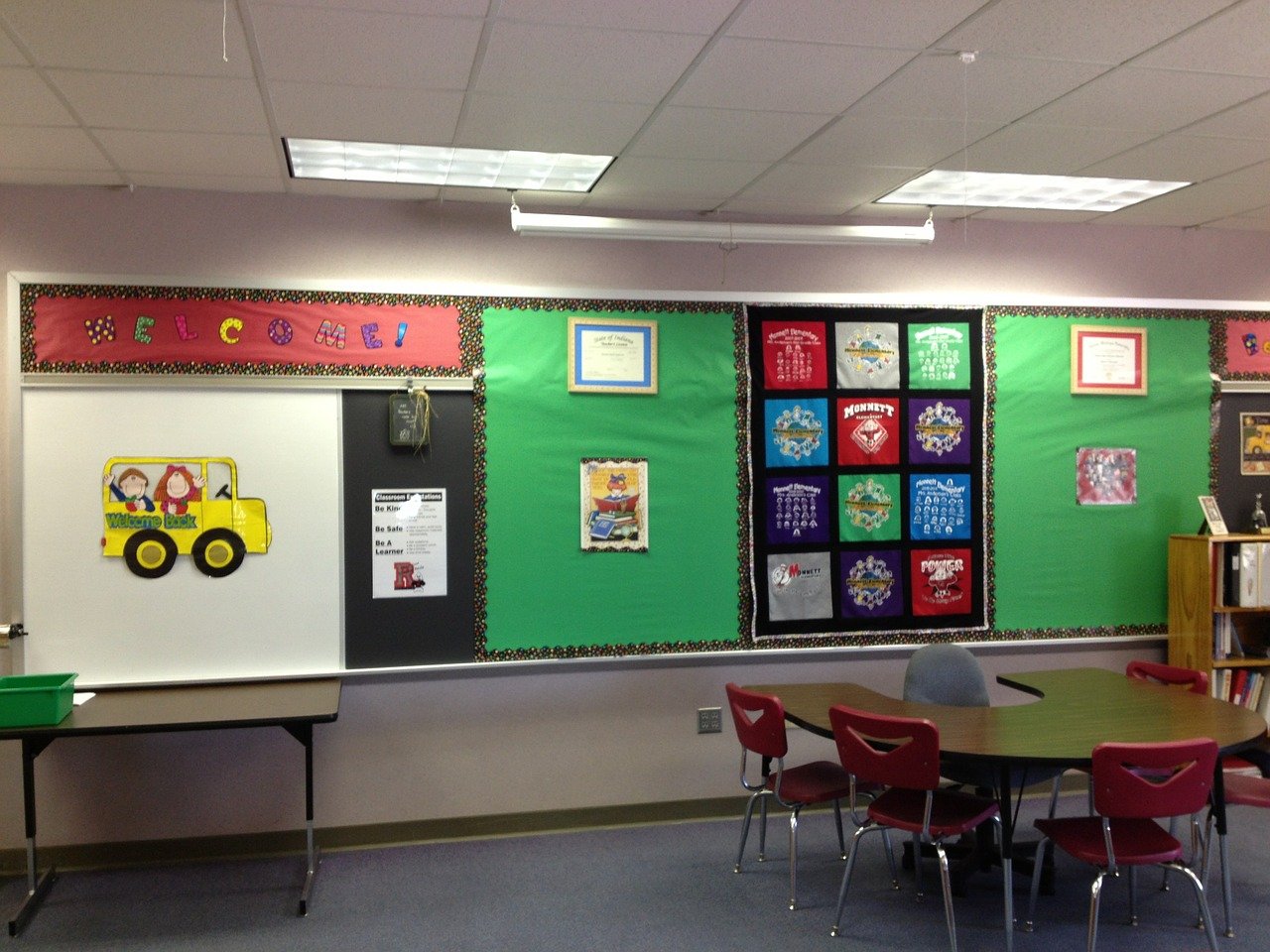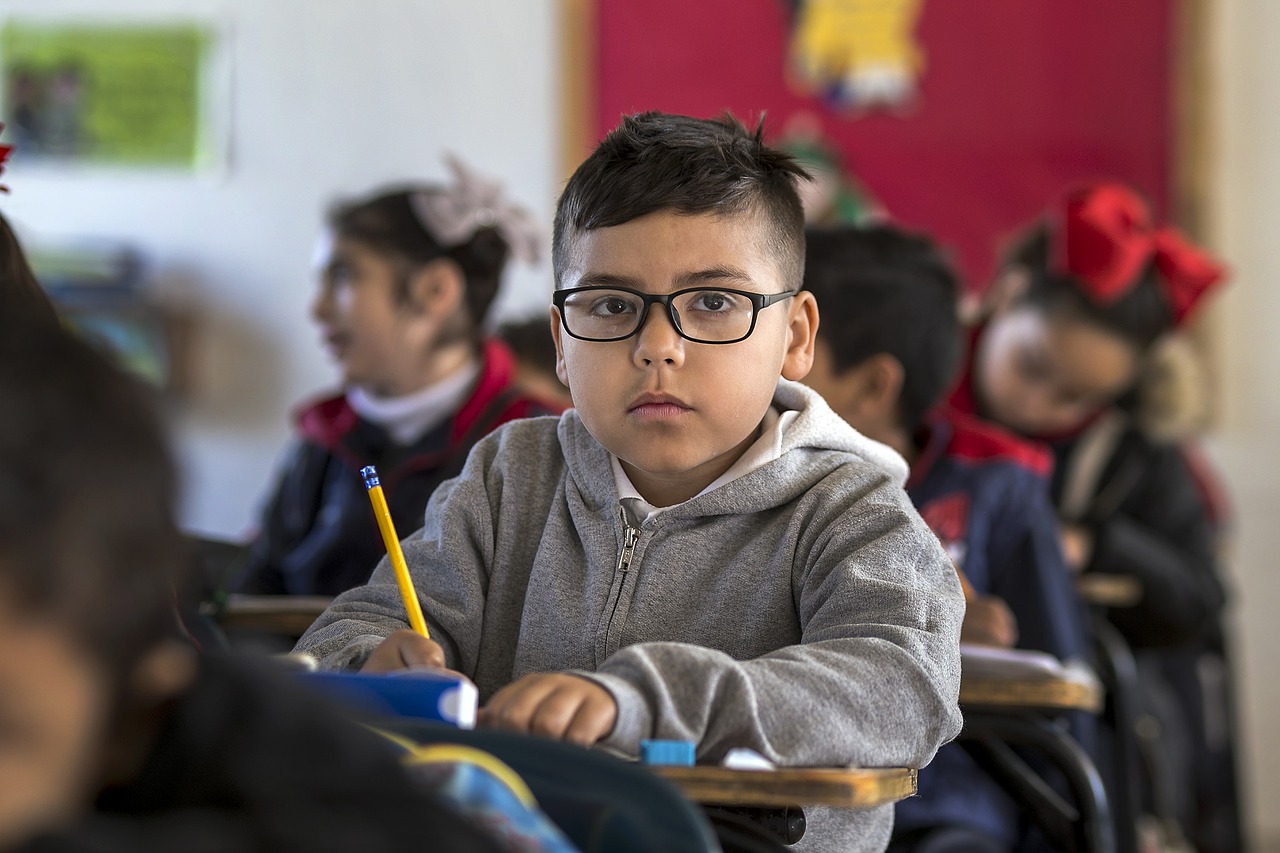The Duality of Giftedness

Gifted students have particular strengths that allow them to excel in a certain field. These students may be gifted in the arts, math, sciences, or even sports. Teachers and educators can easily spot giftedness and help the child focus their strengths to achieve phenomenal success in their chosen field.
While watching a child develop their talents is satisfying, giftedness is not always a blessing. Most educators help kids train their focus on one skill and blindside other educational parameters. The result is that gifted children usually perform poorly in other subjects because they tend to focus on one field for so long.
A gifted child’s weaknesses will show up in multiple ways. If they have phenomenal skills in sports, then their academic performance will take a hit. The opposite will be true if they are good in academia. Most times, a book-smart student will have a poor social life with their peers, especially if they often get preferential treatment from their instructors.
Nevertheless, giftedness doesn’t mean that a child cannot succeed in all aspects of their school work. Educators and parents must work to strike a balance where they support the child’s strengths while giving an allowance for their weak points.
Promote Strengths
Whether a child is gifted or not, exploiting the strengths is a sure-fire strategy to get the best possible outcome from any endeavor. For gifted children, this strategy can yield exponential results since you’ll be training the child to do what they inherently enjoy.
Usually, an educator should find out what makes a gifted child special. One item to look out for is their learning method and how it is different from their peers. Such children can display a stronger passion for a certain field or hobby or even integrate learning material faster than their peers.
Once you identify their approach, find ways to induct them into special learning groups. Gifted students can quickly become bored and lose motivation and eventually struggle to perform. Besides special classes, educators can teach gifted children to always aim for in their preferred field. Additionally, they should be linked with other gifted students so that they can learn from their peers.
Address Weaknesses
The drawback of giftedness is that such students are rarely all-round performers. They will often focus their energies on one thing and neglect other subjects in school. Eventually, if they are not properly guided, gifted kids will fail in multiple disciplines but excel in one field.
Educators have to encourage gifted children to balance their energies. Usually, children who are used to passing do not adapt well to failure. Therefore, teachers ought to use systems that show students that failure is a normal occurrence. Moreover, the students should learn that failure should be used to build perseverance towards excellence.
All children deserve time and attention from their instructors while in school. This factor allows them to mature emotionally and spurs academic growth. However, especially in gifted children, this attention should be balanced so that they do not suffer performance deficits in other fields.






